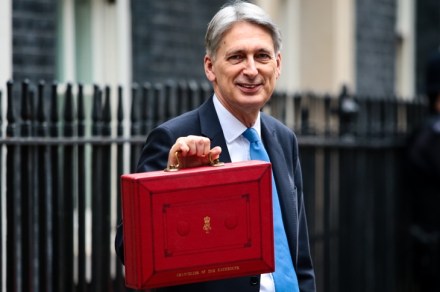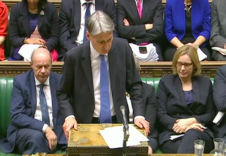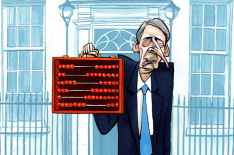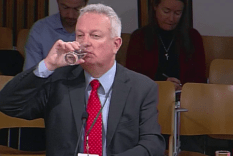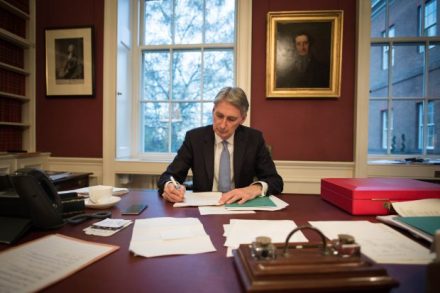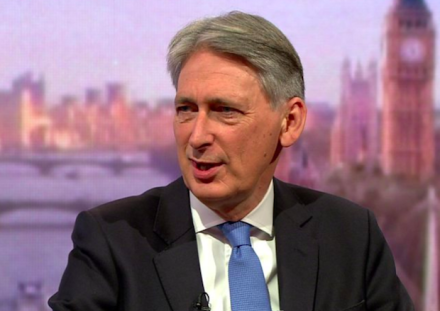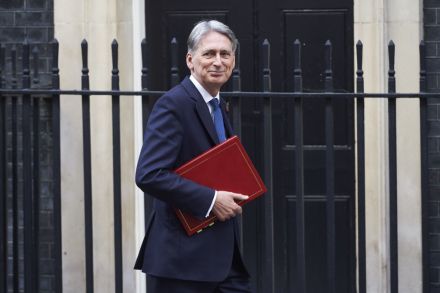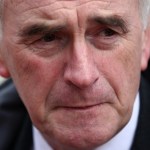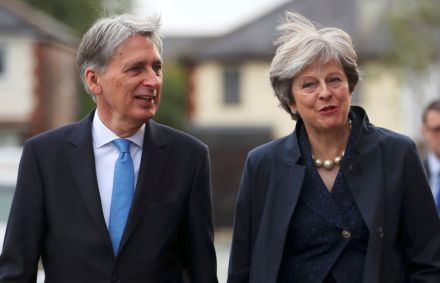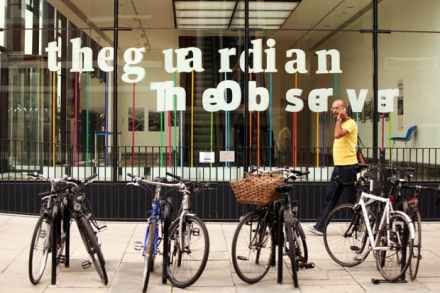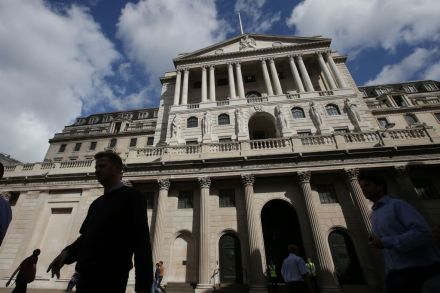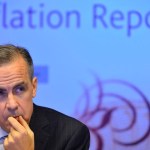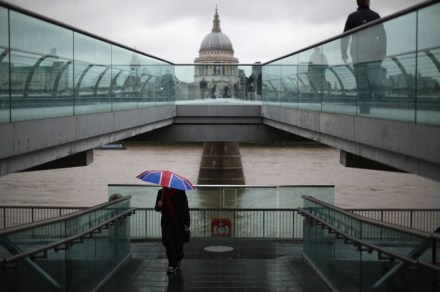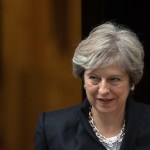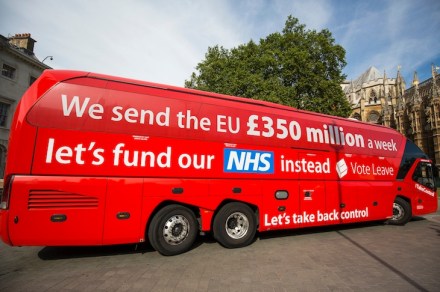Philip Hammond’s fiscal fix? A tax on cheap cider, fags and diesel cars
So where are the nasties? Philip Hammond’s Budget speech can be summed up as follows: £2.8 billion for the NHS, £44 billion of capital funding and loan guarantees for housing, £400 million for a new charging infrastructure for electric cars, £2.3 billion investment in research and development, £1.5 billion worth of changes to Universal Credit, an extra £2 billion for Scotland – all to be paid for, apparently, with higher taxes on super-strength cider, fags, a few of the smokiest diesel cars and the end of indexation for allowances on corporate capital gains tax. A modern Budget would not be a Budget, of course, if it didn’t partially unravel thanks to
